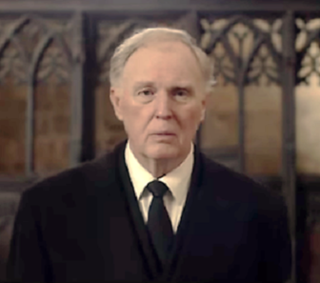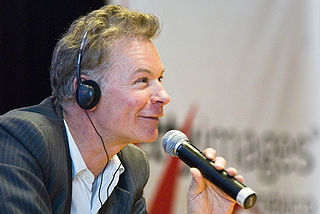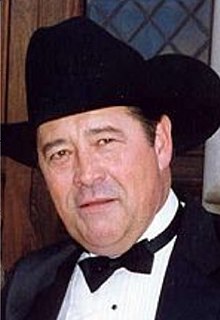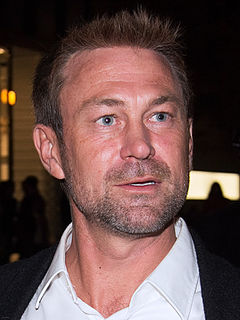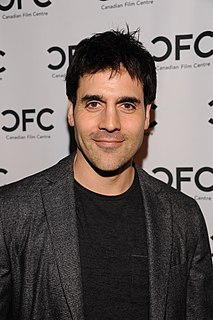A Quote by Tim Pigott-Smith
Understand me, Hollywood miniseries are very popular in England. But British miniseries make a tremendous mark on the national consciousness. They become part of the national culture and mythology... at least for a time.
Related Quotes
Many things have changed in our culture here in England as a direct result of the Pistols: the whole street-fashion thing in London, for example, or the coverage of popular culture in the national press, or the fact that the film industry is now about young people making films about young British issues.
It would be wrong to interpret the growth of British national consciousness in this period in terms of a new cultural and political uniformity being resolutely imposed on the peripheries of the island by its centre. For many poorer and less literate Britons, Scotland, Wales and England remained more potent rallying calls than Great Britain, except in times of danger from abroad. And even among the politically educated, it was common to think in terms of dual nationalities, not a single national identity.
In a culture fueled by burnout, a culture that has run itself down, our national resilience becomes compromised. And when our collective immune system is weakened, we become more susceptible to viruses that are part of every culture because they're part of human nature - fear-mongering, scapegoating, conspiracy theories, and demagoguery.
What we've seen over the last decade is we've seen a departure from the traditional work of the National Security Agency. They've become sort of the national hacking agency, the national surveillance agency. And they've lost sight of the fact that everything they do is supposed to make us more secure as a nation and a society.
